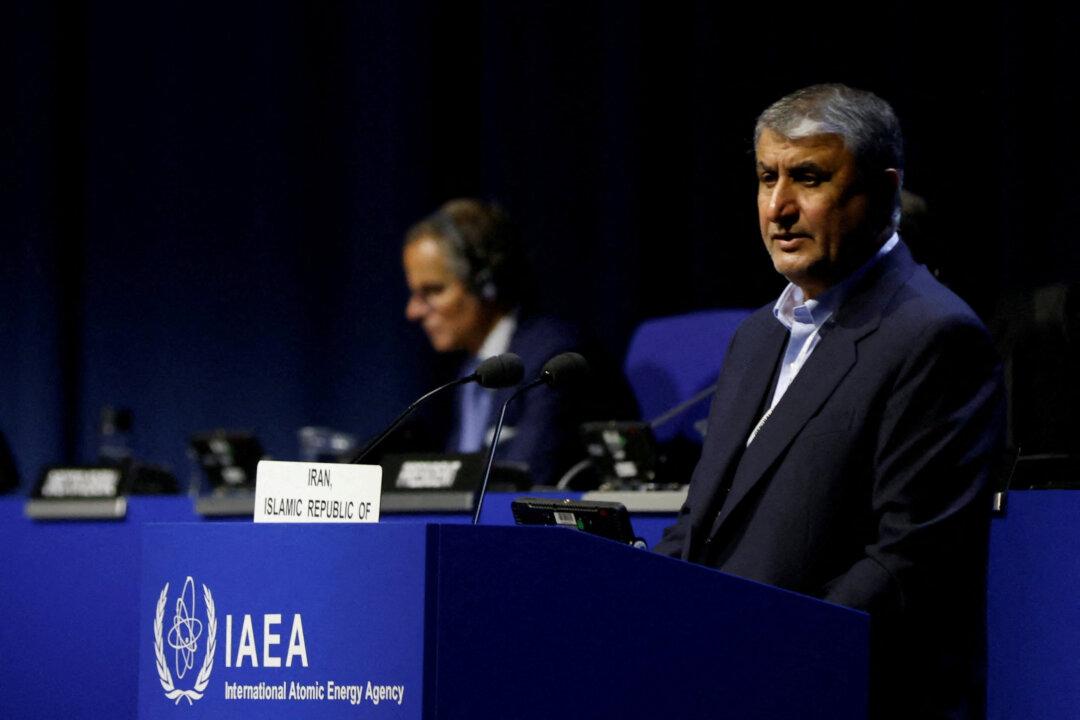A U.N. watchdog report shows Iran’s Islamic regime is being inconsistent in meeting its nuclear obligations, JCPOA signatories the United States, Britain, France, and Germany said in a joint statement on Feb. 3.
The International Atomic Energy Agency (IAEA) criticized Tehran on Feb. 1 for making an undeclared change to the interconnection between the two clusters of advanced machines enriching uranium to up to 60 percent purity—close to weapons grade—at its Fordow plant.





